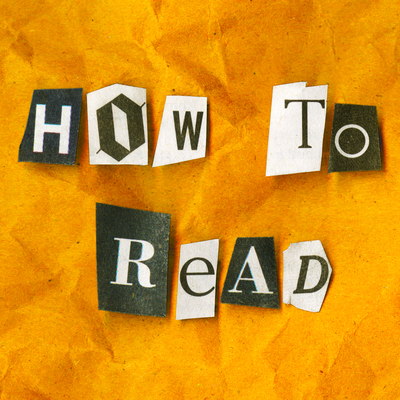During the Cold War, the US and Chinese governments didn’t drop bombs on each other, but they did drop translated works of literature. In fact, national governments put a lot of effort into creating translations that covertly served their political agendas. In the case of the US, this meant emphasizing values like freedom and self-reliance, with which they hoped to win the hearts and minds of Chinese readers. But while propaganda is meant to convey one simple message, Lamyu Maria Bo argues that literature can’t be reduced to a single meaning – and meanings multiply even more in translation.
Bonus clips
Works mentioned
– Ernest Hemingway, The Old Man and the Sea
– Eileen Chang’s translation of The Old Man and the Sea
Further reading
Eileen Gonzalez at Book Riot – The Cold War in Comics, or the Taming of the Russian
Coleman Lowndes at Vox – These photos of Brazil and New York sparked a Cold War propaganda feud
Alastair Sooke at BBC Culture – Was modern art a weapon of the CIA?
Josie Mitchell. at 3:AM Magazine – A Remarkable Woman in Remarkable Times: Eileen Chang’s Little Reunions
Matthew Adams at Washington Post – Ernest Hemingway: The man behind the cultivated image of hyper-masculinity
Amy Brady at Chicago Review of Books – How Emily Wilson Translated ‘The Odyssey’
